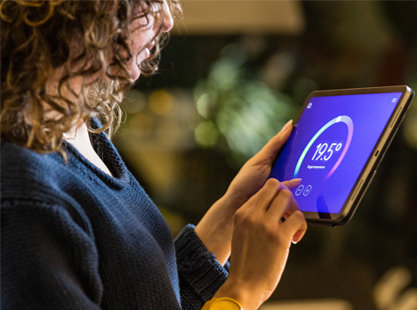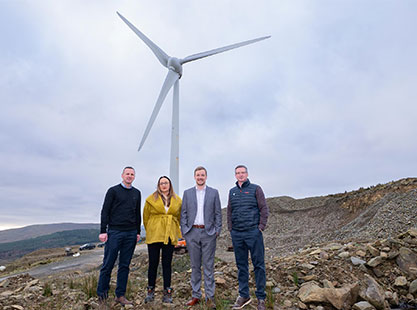Corporate power purchase agreements are an effective way to help businesses of all sizes to transition to a green energy supply and meet climate change targets. They have an added benefit, too, of enabling investment in new, renewable energy-generating capacity
You’re a company with ambitious emissions reductions targets. And you want to be able to identify where exactly the power you use is generated and to show that it’s from renewable sources. Traceability is everything, especially given the increased scrutiny of corporate sustainability reporting.
At the same time, you want power price security and cost savings and you can’t, or you don’t want to, get into self-generating your own solar or wind power on site.
What are the options? A popular one is to take out a corporate power purchase agreement (CPPA), buying power from a specific, named renewable energy generator at an agreed fixed price for every contracted megawatt hour (MWh).
CPPAs: how Flogas plays Cupid
CPPAs suit large companies like Vodafone Ireland, which announced in September 2024 it had signed a CPPA with DCC Energy business Flogas Ireland, and will purchase renewable electricity directly from the Derrynadivva Wind Farm in County Mayo.
The investment of €6 million is part of the telephone company’s goal to reach net zero across its full value chain by 2040.
Smaller companies with a lower energy spend benefit from CPPAs too – Flogas can bundle agreements to meet the required scale to contract with a wind or solar farm, giving access to renewable energy that customers wouldn’t normally have on their own. Flogas essentially plays Cupid through its single- and multi-buyer CPPA model. It identifies buyers and sellers, brings the parties together and implements a CPPA structure that works for all.



